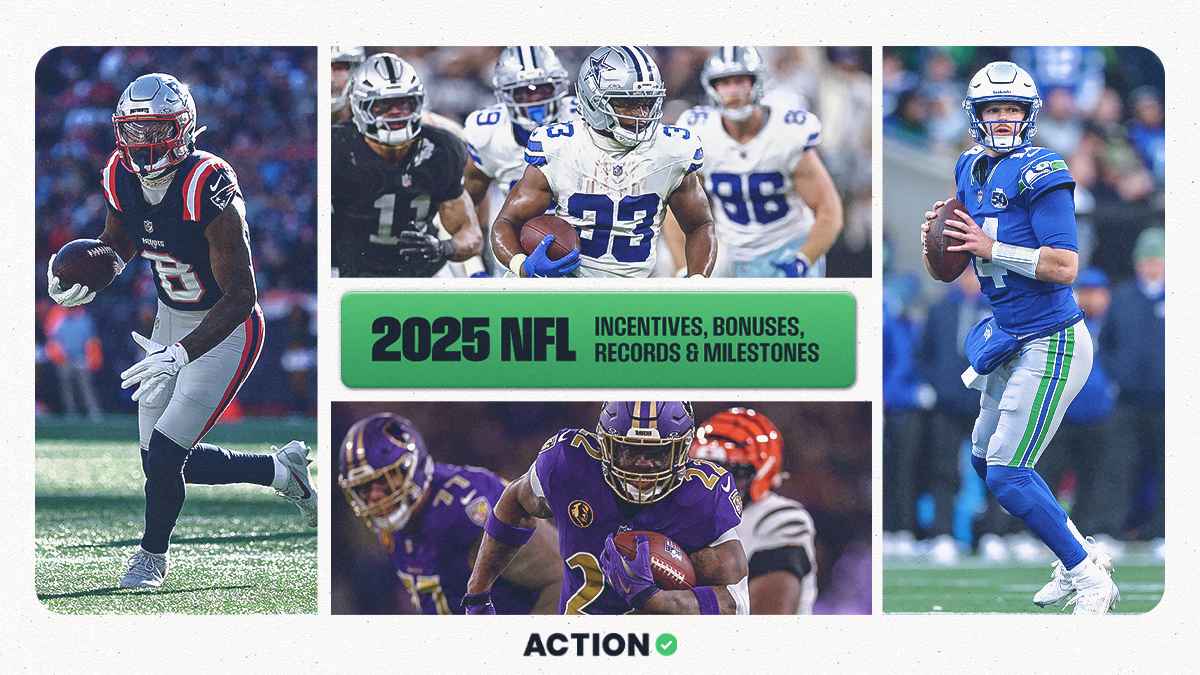So you've made a bold sports bet. And it's looking pretty good. You might win a whole bunch of money …
Unless, of course, it loses.
You certainly aren't rooting for your bet to lose in this scenario, but what if you're realistic and think that it still might? Shouldn't you be able to reward yourself for the good bet you made up until this point?
Well, you can. Enter hedging.
What Is Hedging?

Hedging is a sports betting strategy in which a bettor takes the opposite side of his/her original bet once that original bet’s likelihood of winning has increased. In other words, a hedge bet.
The intention of a hedge bet for sports bettors is generally to guarantee a profit, or at the very least, to reduce or eliminate the potential loss in financial markets. Hedging strategies involve various methods that investors can use to protect their investments from potential losses.
Take the following as an example.
Say you’ve bet on Kansas to win the NCAA Basketball Tournament at +1000 (10/1, or $100 to win $1000 in American odds) prior to the tournament’s start, and it’s now early April and the Jayhawks have found themselves in the Final Four. Your +1000 bet is now looking very good, because that price no longer exists in the market.
In fact, Kansas might now be listed at something like +180 to win the national championship.
At this point, you’ve got options. You can either let your bet ride (i.e. do nothing), or hedge.
In this case, hedging would mean betting on Kansas not to win the tournament – a bet that may be offered at, say, -250 (risk $250 to win $100).
The hedge allows you to guarantee that you’ll return at least break even no matter the outcome, but it will cut into your maximum potential profit should Kansas go on to win. In the investment world, hedging can help manage risk and explore its implications for various investment philosophies.
If you don’t hedge …
- and Kansas wins: +$1000
- and Kansas loses: -$100
If you hedge (bet $250 to win $100 on Kansas not to win) …
- and Kansas wins: +$1000 – $250 = +$750
- and Kansas loses: -$100 + $100 = 0 (break even)
Want to learn more on how to bet smartly on college basketball? Check out some of these recommended resources:
When Should You Hedge a Bet?
This is a complicated question, as the answer depends on the situation – the amount you’ve risked and how winning could affect your life – as well your willingness to take risks, and whether you care about making the correct mathematical decision in your hedging strategy.
Let’s start with that last part.
When making any bet – whether it be on a game, a future, or a hedge – you should always ask yourself whether you believe the outcome you’re predicting has a better possibility of happening than what the odds suggest.
For example, in order to justify a -110 bet, you must think that your bet has at least a 52.4% chance of winning in the scenario. For a +1000 bet, you should think it has at least a 9.1% chance (you can make all of these conversions here).
So, in the Kansas example above, the mathematically correct decision would depend on whether you thought there was at least a 71.4% chance (implied probability from -250) that another team would win the championship.
But “mathematically correct” doesn’t have to mean “right under the circumstances,” which is where the answer to this question starts to change on a case-by-case basis.
For example, if your original bet was incredibly unlikely at the time, and hedging still leaves you with a significant amount of money regardless of the outcome, it probably makes sense to hedge—again, even this scenario will depend on your willingness to take risk.
On the other hand, if you just threw some loose change on a future for fun, and the potential loss isn’t going to hurt, the more entertaining play is certainly to let it ride.
So while there’s no consistently right or wrong answer – unless, of course, you are bound by math – consider all of your options before hedging.
And if you’re curious how much of a profit you can guarantee by hedging, check out our hedging calculator here.
You can also see our YouTube explainer on hedge bets from our great Chad Millman here. And make sure to check out our other sports betting education articles to help you in your future sports wagers!
Bet Futures Now at BetMGM
You can bet futures now — everything from the Super Bowl winner to The Masters — at BetMGM.

























































